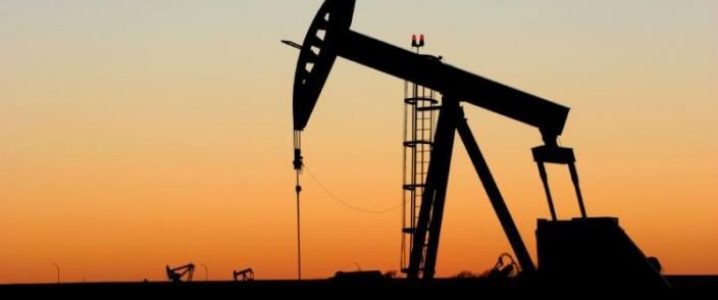APA – Kampala (Uganda) So far, eleven wells have been drilled: eight at Tilenga (North-West) and three at Kingfisher (West), with a production capacity of 190,000 and 40,000 barrels of oil per day respectively.
“The government and its partners are working tirelessly. I am pleased to announce that we are on track to have the first barrel of oil by the end of 2025,” declared Ruth Nankabirwa, Minister of Energy and Mining Development, before Parliament.
Addressing the nation’s representatives yesterday, Ms Nankabirwa gave an overview of Uganda’s oil and gas projects. According to her, producing oil in the country will require “a total of 457 wells and 35 platforms.”
As for now, Tilenga (North-West) and Kingfisher (West) are home to eight and three oil wells respectively. “Construction of the central processing facilities in these two regions is underway. They should be completed by 2025. At Tilenga, work is 33 percent complete, compared with 12 percent at Kingfisher,” the Minister for Energy and Mining Development explained.
Development and production wells on the Kingfisher field were launched in January 2023 by President Yoweri Museveni, while those on the Tilenga project began in June 2023. In a bid to make more profit from its natural resources, the Ugandan government has awarded other fields to companies for exploration.
“We have issued licences to Armor Energy Limited for the Kanyawataba region, to Oranto Petroleum Limited for Ngassa Shallow and Deep, and more recently to UNOC for the Kasurubani block and to DGR Global for the Turaco block,” Ruth Nankabirwa explained.
“The new policy will create an environment conducive to more rapid and efficient exploration, development, production and marketing of discovered resources and the use of petroleum products in the country, while recognising energy transition initiatives,” added the Minister of Energy and Mining Development, who is currently reflecting on “a comprehensive national petroleum policy.”
With a view to satisfying local demand for oil, Uganda intends to build a refinery with a capacity of 60,000 barrels per day in Kabaale (East). As for the East African Oil Pipeline (EACOP), Ms Nankabirwa pointed out that “civil engineering work began in August 2023 and that the resettlement action plan for people affected in the ten districts crossed by the EACOP is under way.”
In the Chamber, the Minister for Energy and Mining Development was questioned about the slowness of the oil well drilling phase. She assured the audience that the necessary number of wells would be drilled by 2025, but said that the delay was due to the efforts of non-governmental organisations (NGOs) and civil society organisations fighting against fossil fuels.
ID/ac/fss/abj/APA


